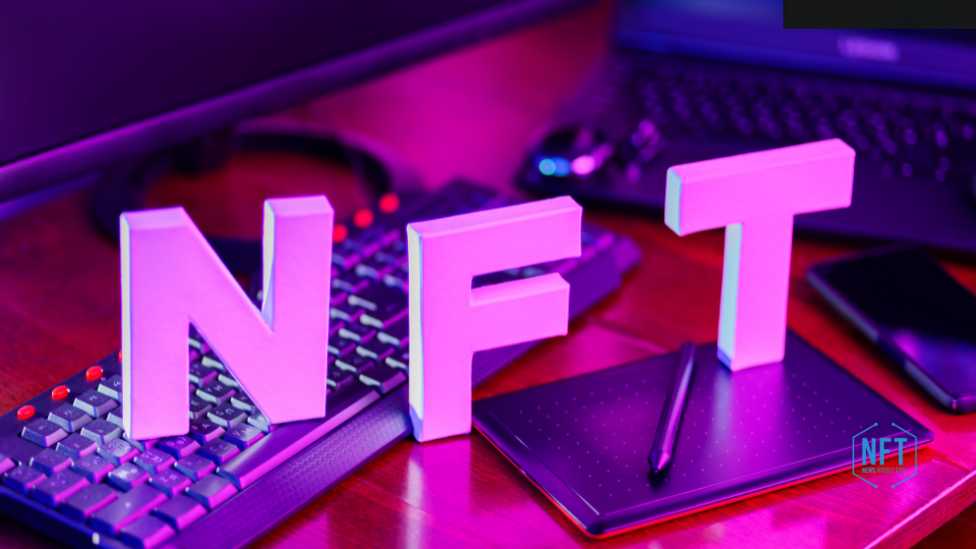The increasing acceptance of blockchain technology has led to a notable increase in the demand for NFTs. Nonetheless, this rise in popularity also raises concerns regarding this new concept’s legal standing in particular countries, in particular, under Jordanian law. The uncertainty surrounding this matter emphasizes how important it is to understand the legal parameters of NFTs in specific jurisdictions.
What Are Non-fungible Tokens?
NFTs are digital assets that can represent different real-world tangible assets, including music, artwork, films, GIFs, and virtual gaming items. Non-fungible tokens are blockchain-based digital asset that primarily functions within Ethereum.
What Makes NFTs So Special?
Blockchain technology enables NFTs to serve as a digital certificate or registry, which offers transaction security, which is what makes NFTs extremely popular, particularly in the art community. Additionally, NFTs enable rapid and decentralized transaction processing in the digital world. Also, people who are interested in NFTs primarily want to own a distinctive digital asset that they can use for investment or for their private collections, and NFTs offer a means for that.
With NFTs in such high demand, NFT artists are benefiting significantly from their easy access to customers and high pricing for their works. Nonetheless, this accomplishment also puts these works in a very sensitive legal position. Thus, it is essential for artists and buyers to be aware of and comply with these standards because NFTs are subject to laws pertaining to intellectual property and personal data protection. Here’s what you need to know about NFTs in Jordan.
What Are The Laws Regarding (Crypto) NFTs In Jordan?
Jordan has always had a cautious approach to cryptocurrencies. This reflects the unpredictable nature that surrounds these virtual assets on a worldwide scale. The Central Bank of Jordan (CBJ) has outlawed the use of cryptocurrencies by financial institutions operating in the country. This includes trading, investing, and facilitating transactions involving virtual currencies like Ethereum, Bitcoin, and others.
Nonetheless, Jordan is updating its legislative framework to take into account the expanding global acceptance of virtual currencies and digital assets, even in spite of the initial restrictive measures. The aim is to eventually include cryptocurrencies in Jordan’s financial regulatory system by obtaining legal recognition as a type of digital asset. This step lays a strong basis for specific regulatory actions, such as taxation, compliance, and investor protection.
The issue regarding the regulations of NFTs is still dicey. This is because, on the one hand, some NFTs may be protected by intellectual property law, but that may not always be the case.
Takeaways
Navigating the legal landscape of NFTs in Jordan requires that any interested parties have an in-depth understanding of the country’s regulations around intellectual property and data protection. Artists and investors need to stay informed about the latest legal changes as the market for digital assets grows in order to safeguard their interests and always maintain compliance.
















